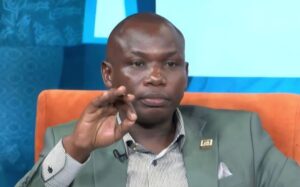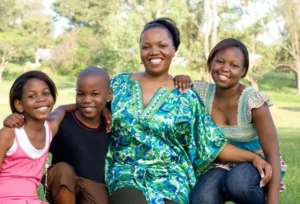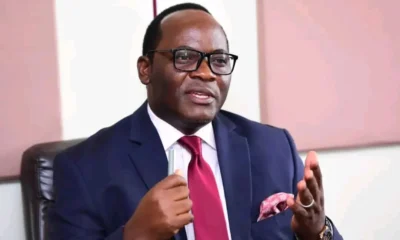News
Mpuuga Accuses NUP of Sabotaging His Efforts for Dialogue
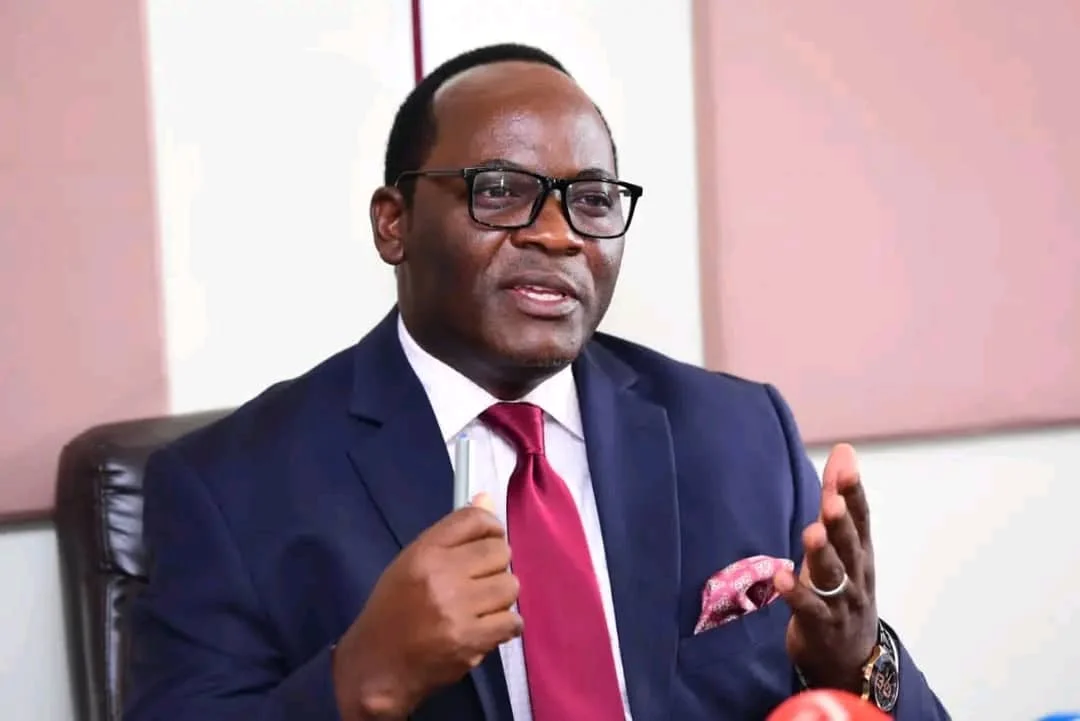
Parliamentary Commissioner Mathias Mpuuga has accused the National Unity Platform (NUP) leadership of deliberately ignoring his request for a meeting and instead working to tarnish his reputation among party members.
Mpuuga revealed that he formally wrote to the party requesting dialogue but has yet to receive a response.
“I wrote to the leading opposition party (NUP) asking for a meeting. I haven’t received a reply,” Mpuuga stated.
Instead, he claims to have been personally attacked by the party’s Secretary General David Lewis Rubongoya , whom he accused of failing to grasp the full extent of the situation.
“However, I saw their Secretary General spiting me personally. I think he doesn’t know the full degree of what he is dealing with,” Mpuuga said.
He further suggested that he has refrained from disclosing sensitive information that could potentially change public perception of the party’s internal operations.
“I have constrained myself a lot. If I spoke about certain things and individuals, you would be shocked,” he remarked.
Mpuuga also alleged that NUP has been actively influencing MPs against him, calling them individually to paint him in a negative light.
“You would not know, for example, how NUP would call MPs, one by one, to educate them on how Mpuuga is a bad man,” he added.
His remarks come amid ongoing tensions between Mpuuga and NUP, following his fallout with the party leadership over accusations of corruption and alleged secret dealings with the ruling government.
News
Conversation With Uganda’s Student Tech Pioneer: Kusiima Saruah
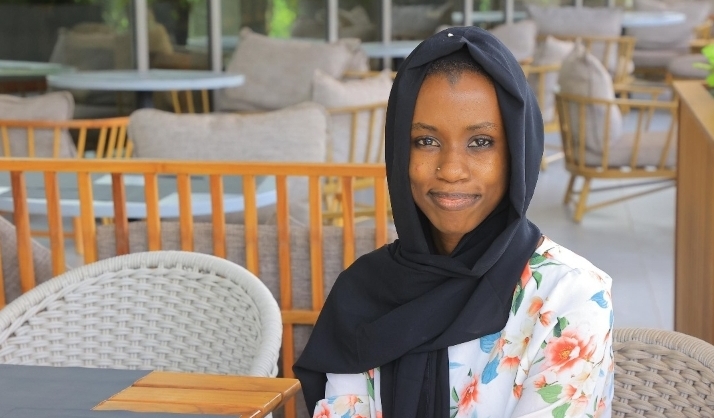
In a country where the youth make up the majority of the population, their voices are often overlooked in critical governance processes. But a bold new wave of innovation led by young minds is reshaping how civic participation and leadership are cultivated, starting right at the grassroots.
One such trailblazer is Kusiima Saruah Kyaligonza, a 21-year-old software developer and university student at Uganda Martyrs University, whose work caught our attention. In a recent conversation with Amiri Wabusimba, Kusiima shared her vision, journey, and the powerful potential of digital platforms to transform Uganda’s democratic future.
Inspired by the challenges she observed in university elections, including voter mistrust, low student participation, and systemic apathy, Kusiima developed a digital voting platform tailored for student elections. She aimed to rebuild faith in electoral processes, beginning within schools. “Watching the university’s elections, I saw the frustration from students.
I wanted to create a space where students feel their voices matter and their votes count,” she explained. “If we instill that mindset early, we raise a generation that demands integrity and leads with purpose.” Her platform addresses specific electoral issues such as vote rigging, low turnout, and favoritism common even in student leadership contests by promoting transparency, fairness, and accessibility.
Kusiima’s work is part of a broader movement of youth-led innovation in Uganda. “We often say the youth are the leaders of tomorrow,” she noted, “but many of us are already leading today through art, technology, advocacy, and innovation. What we need is support, not just applause.” Her initiative has been well received by fellow students, who report feeling empowered, heard, and more engaged in school governance. According to Kusiima, the impact goes beyond elections; it sows seeds of responsible leadership.
Asked whether digital voting could work on a national level, Kusiima responded with conviction. “Yes, it can if we commit to building digital literacy, infrastructure, and, most importantly, trust. Leaders must stop fearing technology and start embracing its potential.” If given a chance to address the Electoral Commission or national leaders, Kusiima says she would urge them to invest in youth innovations and adopt transparent systems that simplify civic participation without compromising credibility.
As Uganda continues to grapple with questions around electoral transparency, declining public trust in democratic institutions, and low youth participation, innovations like Kusiima Saruah’s digital voting platform couldn’t have come at a better time, especially as the country prepares for the 2026 general elections. Her initiative offers more than a technological upgrade, it’s a catalyst for cultural change in how Uganda engages its citizens from an early age. By digitizing trust, simplifying participation, and empowering youth to lead, this platform embodies the future of accountable governance.
This is not just a student project; it’s a national opportunity waiting to be embraced. It is time for Uganda’s government, Electoral Commission, civil society, and development partners to see this for what it is: a smart, scalable, homegrown solution that reflects both the challenges and the aspirations of a new generation.
If Uganda truly seeks to uphold the principles of free and fair elections in 2026 and beyond, then supporting innovations like Kusiima’s is not optional; it is essential.
-
Top Stories3 days ago
Just in: PLU leaning to NRM, Withdraws From Party Primaries With 22 days Remaining to Elections.
-
Top Stories6 days ago
Suspected female suicide bomber killed in Kalerwe
-
Top Stories6 days ago
NUP Clears Kyeyune Pafuladiito For Mubende District Chairperson Race.
-
Top Stories6 days ago
NUP Goes For Buwekula South MP Seat Blesses Edward Ssempira.
-
Top Stories3 days ago
Museveni Approves Flyover Along Kampala-Jinja Highway to Protect Mbalala Industrial Park Workers
-
Top Stories5 days ago
Uganda’s Open Currency Policy and the Decline of the Shilling
-
Top Stories5 days ago
Dr. Ssemugenyi petitions Constitutional Court over UPDF Amendment Act
-
Top Stories3 days ago
Police fire teargas and water cannon at protesters in Kenya as thousands take to the streets


